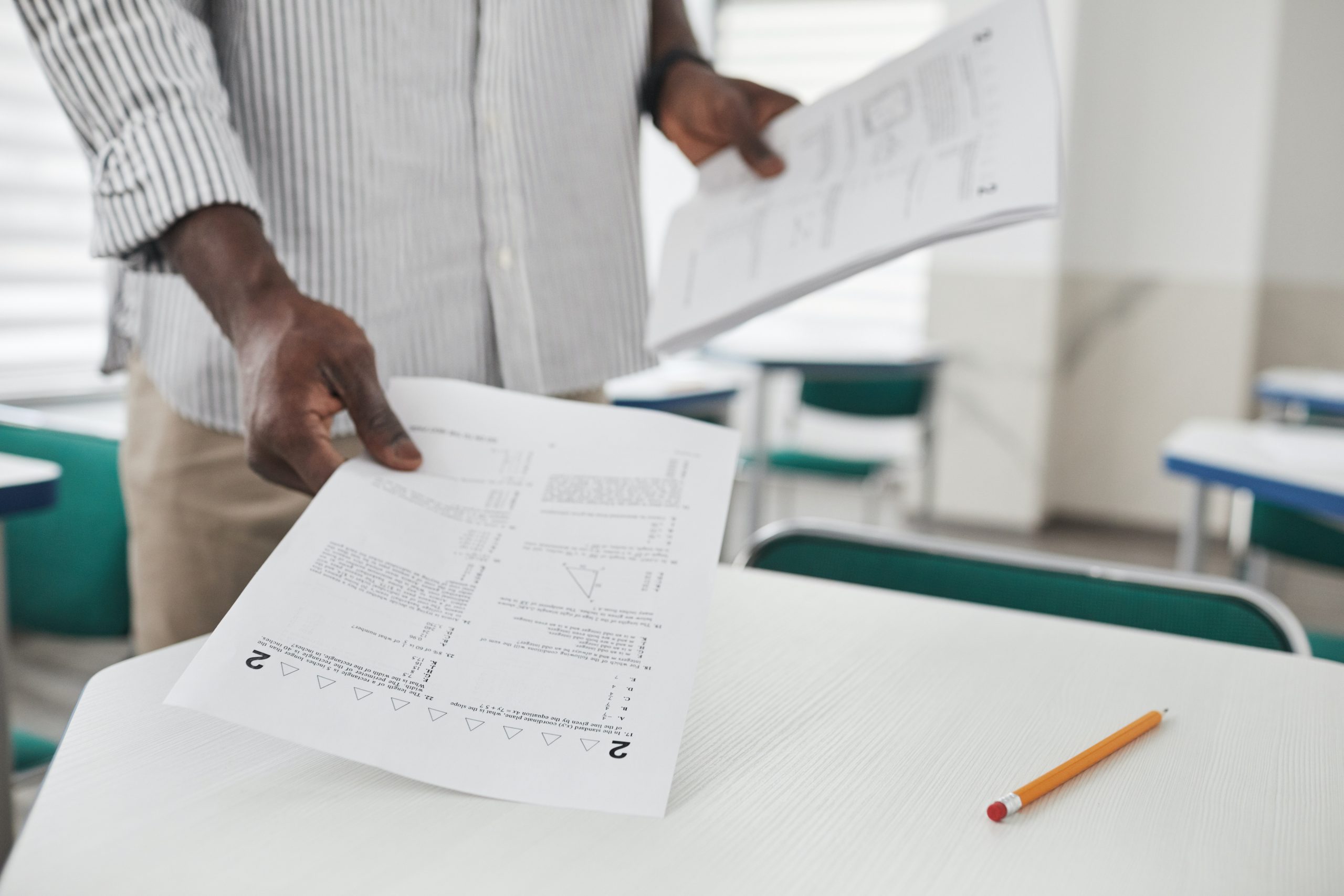6 Questions You Might See in the UK Citizenship Test
We welcome you to dive into the domain of British Life and investigate six questions you could face during the Life in the UK mock test. These questions have been painstakingly created to challenge your interest in your new country of residence. From the verdant countryside scenes to the clamouring metropolitan settings of notable urban communities, the United Kingdom offers a rich embroidery of heritage and diversity you will value.
As you immerse yourself in this journey, the answers to these questions will reveal the embodiment of the British spirit. Embrace the chance to learn about the country’s historical figures, particular traditions, and democratic values, as understanding these components is important to passing the citizen test, whether you choose to study here or start a career.
The way to citizenship isn’t just about breezing through an assessment; it is an invitation to become part of a dynamic society that values traditions and progress. Your readiness to embrace the complexities of British life will, without a doubt, leave a lasting impact on your future and the lively mosaic of the United Kingdom.
Question 1: When did the Romans first arrive in England?
The Romans arrived in England in AD 43. They came as part of a military campaign led by King Claudius, who planned to conquer and establish Roman rule in the region.
Understanding England’s initial history is crucial to valuing the foundations of its different and dynamic culture, making it a possible question in the Life in the UK Test practice.
Question 2: What important event happened in 1066 in British history?
In 1066, the Battle of Hastings occurred, an important event in English history. It prompted the Norman Victory of Britain when William, Duke of Normandy, crushed Ruler Harold II and turned into the new Lord of Britain.
This occasion denotes a defining moment in Britain’s history, forming the country’s political scene and social turn of events. It is a point frequently asked in the UK citizenship test to measure candidates’ knowledge on important occasions.
Question 3: Who is the head of state in the UK?
The head of state in the UK is the reigning monarch. After the demise of his mother Queen Elizabeth II, King Charles III assumed the role of head of the state in September 8 2022. The monarchy has a ceremonial role in the UK’s constitutional framework.
Knowing the existing head of state and the government’s job is central for any hopeful English resident, making it a likely question in the UK citizenship test.
Question 4: What is the function of the UK Parliament?
The UK Parliament is the official body responsible for making and passing laws. It comprises two houses: the House of Commons and the House of Lords. The House of Commons comprises members of Parliament (MPs) elected by the general population, while the House of Lords comprises appointed and elected members.
Understanding the UK’s political design and the job of parliament is fundamental to being an educated resident, making it a vital subject in the UK citizenship test.
Question 5: Which British values are prioritised in the UK Citizenship Test?
The UK citizenship test focuses on advancing fundamental British values like democracy, the rule of law, individual freedom, and mutual respect for various cultures and religions. Future residents should show their appreciation and understanding of these qualities.
Understanding Britain’s values and their importance guarantees that new residents can contribute emphatically to their contemporary society.
Question 6: When and how did the suffragette movement accomplish women’s voting rights in the UK?
The suffragette movement effectively lobbied for women’s voting rights in the UK. In 1918, the Representation of the People Act allowed casting ballot rights to certain women over 30 who met certain property qualifications. Only after 1928, with the Equivalent Establishment Act, did women acquire equal voting rights, allowing women who were over 21 years old to cast a vote.
Understanding the battle and progress of women’s privileges in the UK proves the knowledge of the friendly history and the quest for fairness, making it a potential question in the UK citizenship test.
In conclusion, getting UK citizenship is critical for people who have embraced the UK as their home. The Life in the UK test is a fundamental stage in this cycle, guaranteeing that hopeful residents have the essential information about the nation’s experiences, culture, and values.

